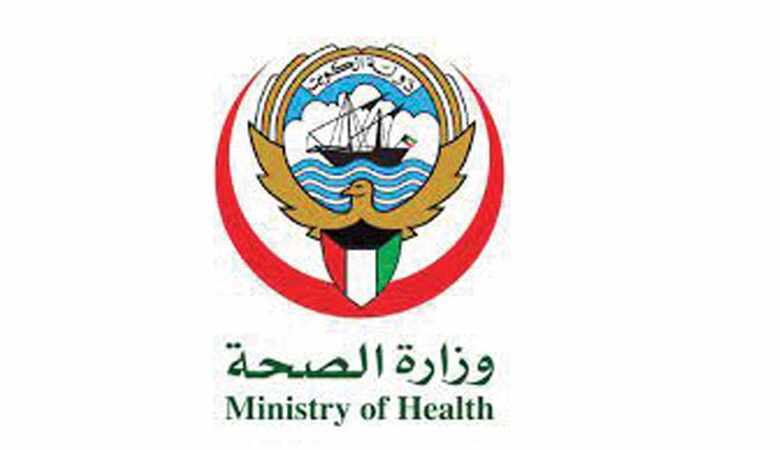Global Pharmaceutical Corruption: Lessons From The Novartis Case
- Date: 16-Jul-2020
- Source: Forbes
- Sector:Healthcare
- Country:Middle East
Global Pharmaceutical Corruption: Lessons From The Novartis Case
Pharmaceutical and medical device companies have worked for decades to build close relationships with doctors, hospital administrators and government health officials. These interactions help healthcare professionals stay abreast of technological developments and apprised of new treatment options while providing critical feedback to manufacturers and meaningful assistance with clinical trials. And of course, they can help boost a company's sales. There's nothing inherently wrong with an element of self-interested promotion, but an aggressive approach to marketing healthcare products runs the risk of eclipsing any educational or scientific justification.
Last month, Switzerland-based pharmaceutical and healthcare company Novartis“”along with various current and former subsidiaries“”entered a series of settlements with U.S. enforcement agencies, including the Department of Justice (DOJ), the Securities and Exchange Commission (SEC), and the U.S. Attorney for the Southern District of New York. The settlements addressed misconduct in the United States, Greece, South Korea and Vietnam, and resolved violations of the False Claims Act and Anti-Kickback Statute for activities in the United States, and the Foreign Corrupt Practices Act for activities abroad.
The object of the schemes was straightforward: Give healthcare providers incentives in exchange for using and prescribing Novartis products. What stands out is the variety of methods deployed in attempting to






















